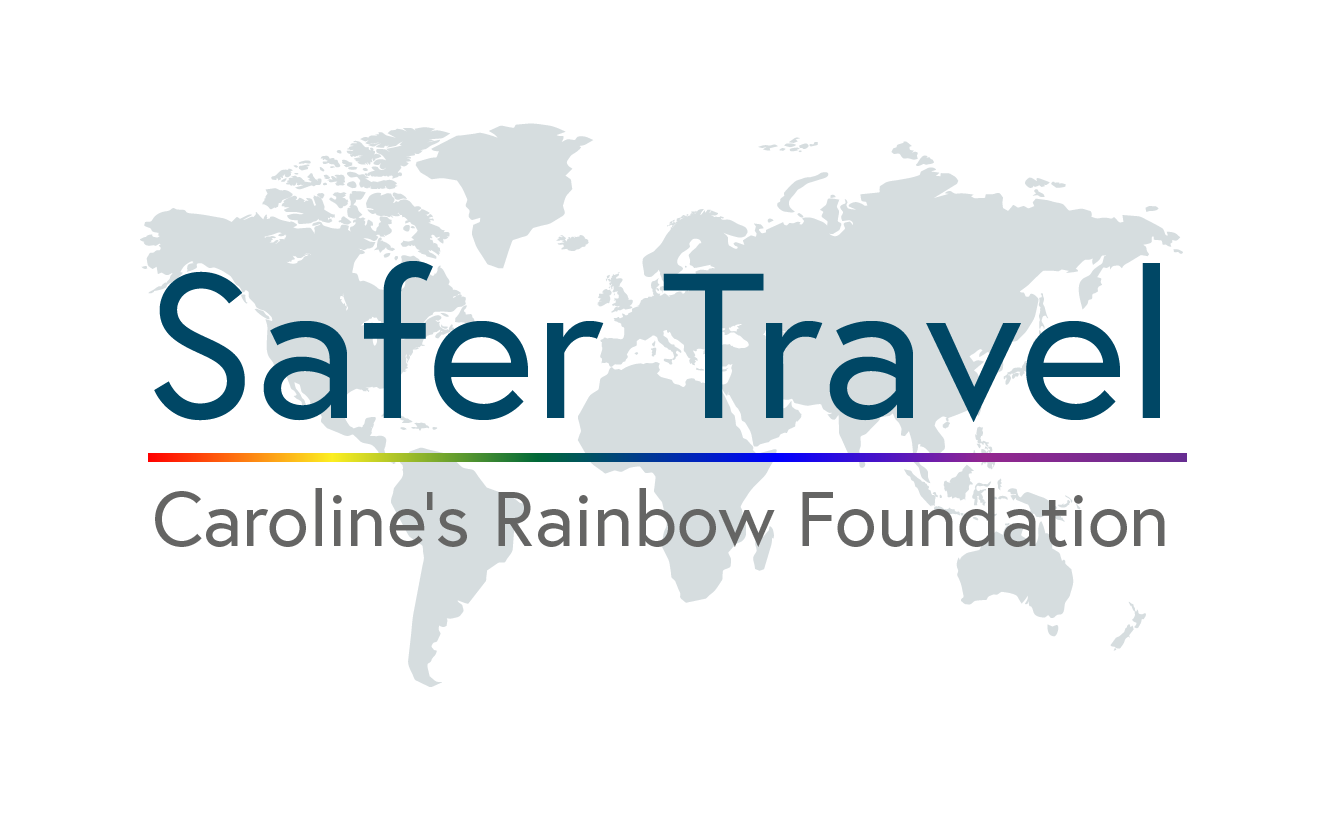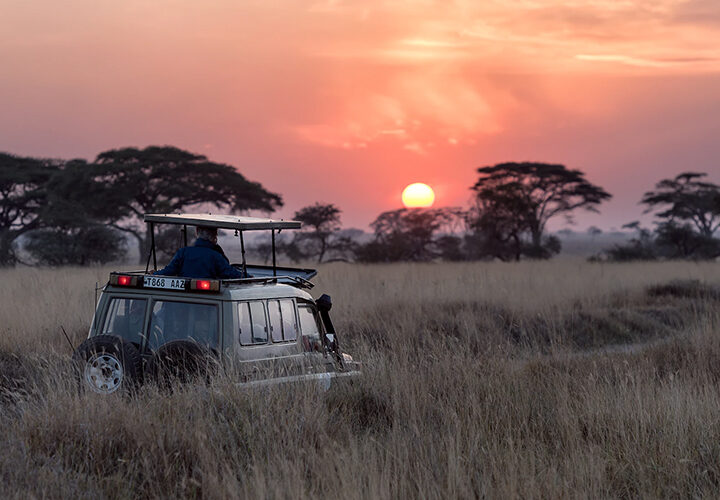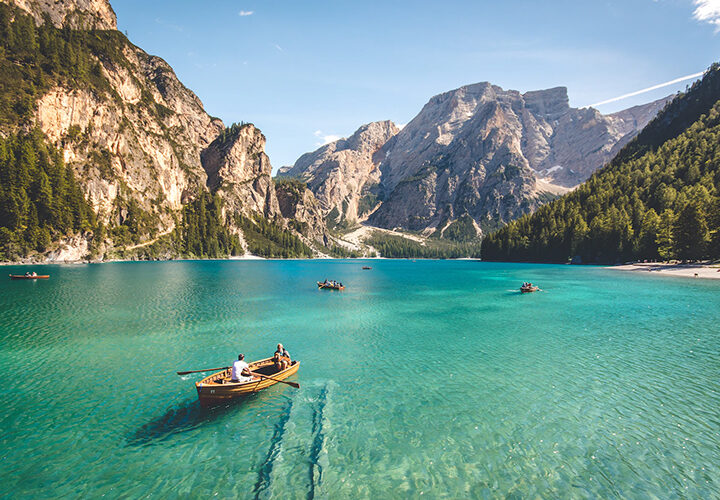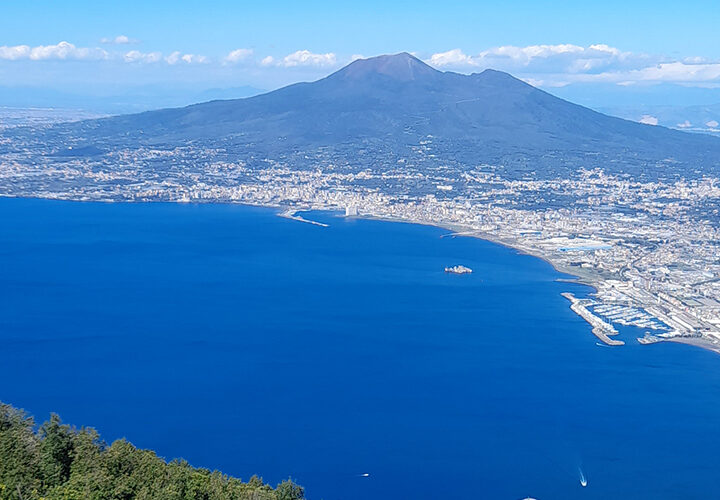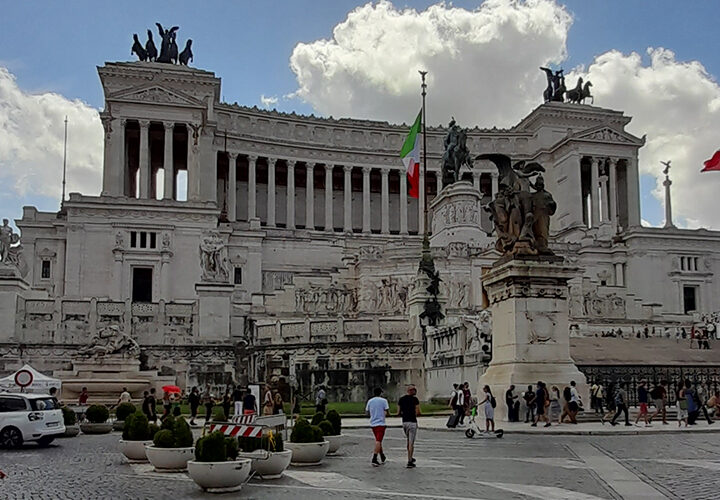Travel Anxiety and Mental Health
For most of us Travelling, booking holidays and having new experiences is very exciting and something we look forward to. Not only this but it can have many positives to people’s mental and emotional health as well as brain function. A trip can be a break from our routines and the stress of daily life, allowing the mind to reset and recharge as it offers change from the norm and a more relaxed lifestyle. Travel is also an opportunity to expand the mind and allows for creativity, we learn from new experiences so witnessing new parts of the world, new cultures and meeting different people opens our minds to think differently. I also believe travel can be a huge boost to people’s confidence and trust in their ability to do things, especially if they plan on travelling alone. Setting yourself the goal of travelling to a new destination and being able to take on any problems that occur will prove your capabilities and what you can achieve.
However, travel can also come with some anxiety and stress. Anxiety is the feeling of unease, such as worry or fear and can be mild or severe. It’s a feeling we all experience but for some it can become overwhelming and cause them to miss out on opportunities. Some of the biggest anxieties when it comes to travel Include the flight, between 33% and 40% of people experience some anxiety when it comes to flying but for some, it can be a daunting experience. Also, fear of the unknown and not knowing what to expect, having everything they need, their health or being away from friends and family.
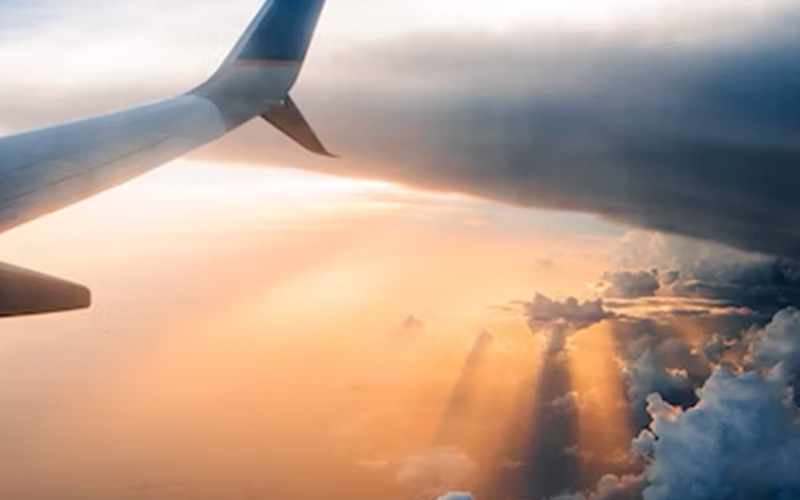
Combatting Anxiety
The best way to combat these anxieties is by being as prepared as possible, doing as much as you can before your trip to make it as stress-free and enjoyable as possible. This could be making lists of what you need to pack, and what you need to do before the trips such as sorting out health insurance and creating itineraries of activities and attractions you can do and booking in advance. For fear of flying this could be having distractions for take-off and landing such as puzzles and video games or listening to music, or you could take things along to help comfort you such as a travel-friendly weighted blanket, a travel pillow, noise-cancelling headphones or calming oils and scents. Lavender and jasmine are known for being the best to help calm nerves and help sleep.
Researching your trip also will ease anxiety, learn more about your destination by reading about its laws, culture, biggest risks and attractions as well as asking people that have been before. This could also be done on the accommodation you are staying in, you could read reviews, look at photos and see what it has to offer.
Finally, share your adventure with people at home, especially if you are solo travelling. Regularly send them photos, videos and text on what you’ve seen and been doing and frequently video chat or call them. This will help comfort you in any time of stress and will help you feel connected to home.
Top tips for reducing anxiety before travelling:
- Create an itinerary of experiences you want to do there and book in advance if you can to avoid any unnecessary stress.
- Research the destination you are going to, find out as much as you can before you travel so you are prepared and can ensure you’ve packed things you need and can stay safe.
- If you are travelling alone, consider looking into places to meet new people such as clubs, local restaurants or bars and look into communities that are there.
Arriving at your destination
Hopefully, after you’ve arrived at your accommodation and you’re starting to settle in a lot of anxieties and worries will have started to ease, you prepared well and you’ve planned ahead so during your time there it’s as stress-free as possible.
However, we know that sometimes issues arise, or unexpected problems happen. For example, when I visited New York City there was a mix up with our agent who cancelled our accommodation and didn’t Inform us, but thanks to the helpful hotel staff we got our accommodation and had a fantastic trip! When problems happen, the best thing to do is to try and stay calm, not panicking will mean you make better decisions and don’t act on your emotions which will make for better outcomes.
The best thing to reduce anxiety is to ensure your safety is your top priority, by not putting yourself in unnecessary risky situations, don’t visit dangerous areas or go out alone at night. Also, by packing safety items just in case you get into any situations where you might need some extra help. Basic safety items could include a torch, plasters or bandages, antiseptic wipes, a whistle and some food and water.
It is important to be able to reduce any unwanted stress or anxiety so that you can be fully present in the moment, enjoy every second of your trip and be able to have a good time without any lingering thoughts to allow you to fully emerge yourself into your surroundings and get the most out of your trip. Not only this, but you will be your true self and the people you meet along the way will be able to meet the real you.
Top tips for reducing anxiety during travelling:
- If an unexpected problem arises, the best thing to do is try not to panic. Try and stay calm, you will make better decisions resulting in better outcomes.
- If travelling alone, find people or a community to socialise with go out with and avoid going out alone at night or in dangerous areas.
- Raise your awareness to the right people at the right times, this could be times when you feel unsafe or if you have any problems. This will help reduce any risk to your safety or make a situation worse
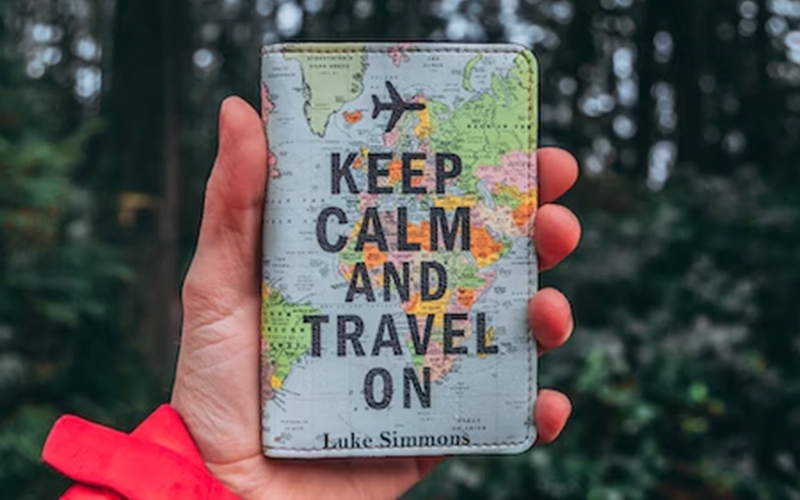
Returning home
Another common feeling is sadness or the ‘holiday blues’ after you’ve come back home, this is also known as reverse culture shock. Taking a break and travelling can help relieve stress, improve mood and be so exciting, that having to go back to work, your normal daily life and maybe not such nice weather can impact people’s emotions and mental health. One cause of this can be due to lack of excitement and not having something to look forward to, a way of tackling this is by making time to still try new things and go to new places. This could be booking a table at a restaurant you’ve never been to, going to exhibitions and trying activities in your local area. How many of us live close to attractions and places we’ve never been to?
Another way to help is by including habits and new things you’ve been doing whilst travelling into your life at home and sharing it with your friends and family. Maybe you found you enjoyed walking whilst you were away, or you found a new food you like whilst trying different cuisines. By adding these into your daily life you’ll be taken back to your trip which will improve your mood at home.
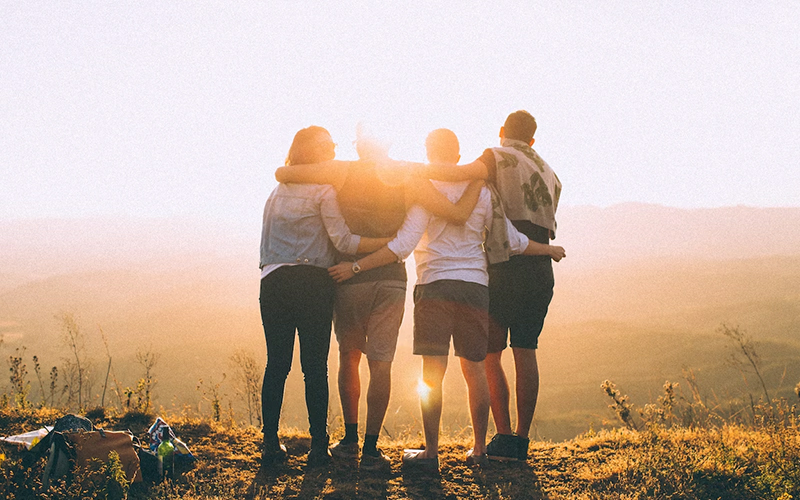
Stay In contact with new friends and people you meet, travel gives us the opportunity to connect with people that we wouldn’t meet otherwise who have had completely different lives to us, as well as people with similar hobbies and interests. Keeping in touch with them through regular video chats, texting or even planning to meet up again will help feelings of disappointment you may feel from having to leave them and you can plan and create new memories with them!
Top tips for helping relieve post-holiday sadness:
- Experience new things regularly, this could be trying a new hobby or cuisine or going somewhere you’ve never been before
- Bring back parts of your holiday with you, add in the activities you did, the food you ate or things you’ve learnt into your life at home.
- Plan to meet up with the people you met on holiday, this could be another trip away, inviting them to experience your hometown or just a quick catch-up.
Mental health is just as important as our physical health and travelling is so beneficial for them both, travelling can be done in many ways from flying to a different country, going on a cruise, camping in your own country or a road trip not too far away but everyone deserves to experience the benefits. According to a study, 97% of participants said they feel happier when they have a trip planned, and I believe that these times and experiences are what living is all about!
Written by Mia Lorriman
